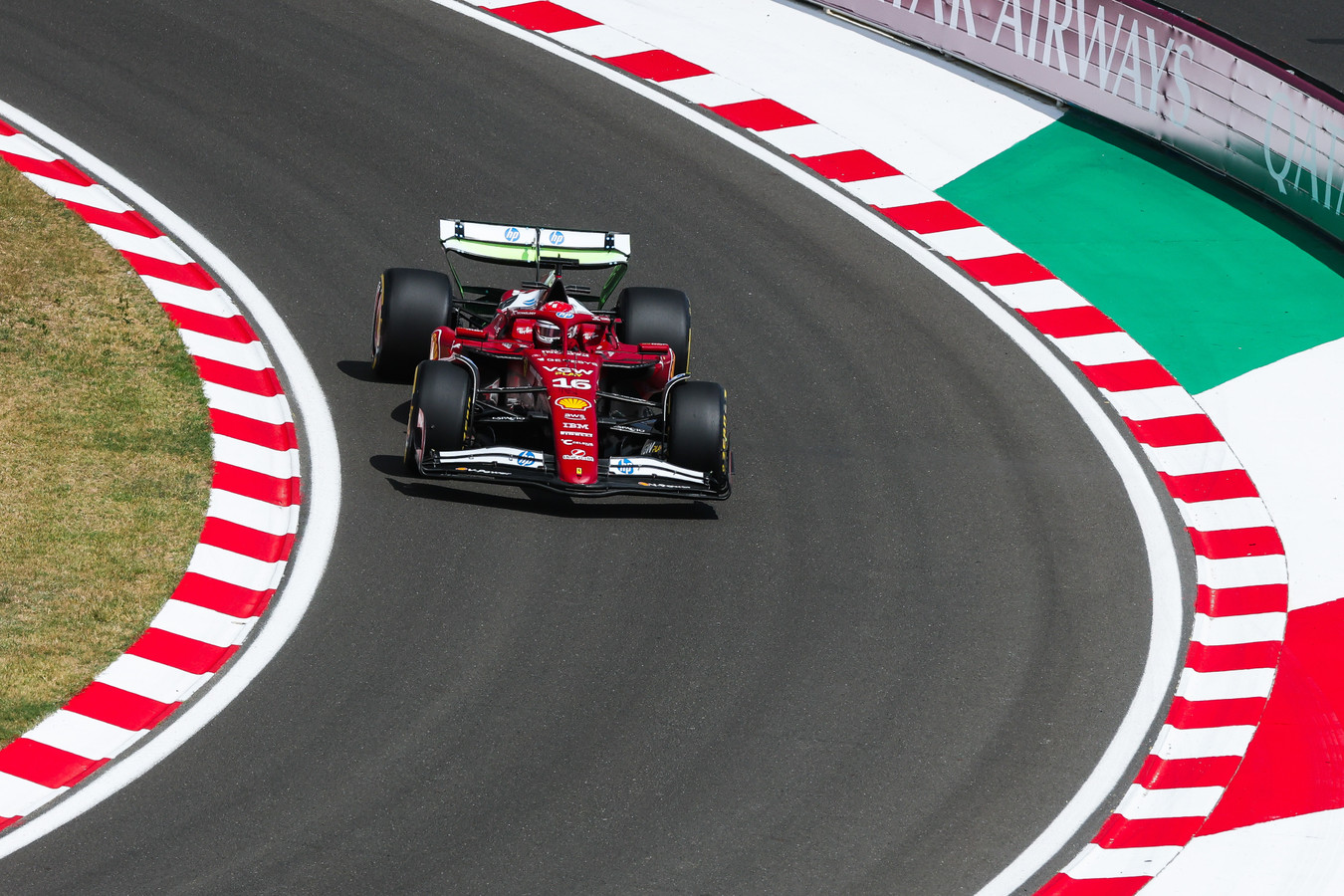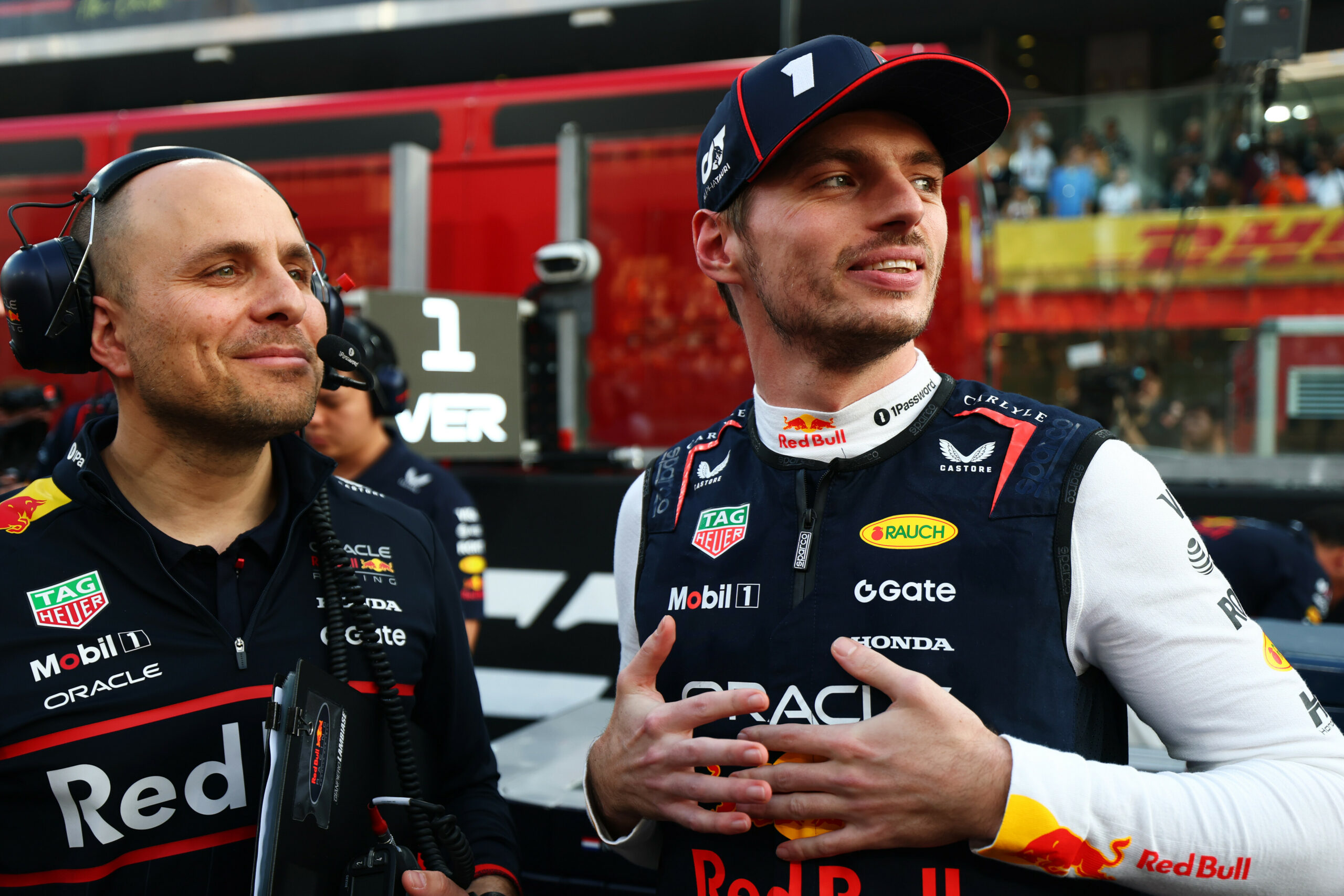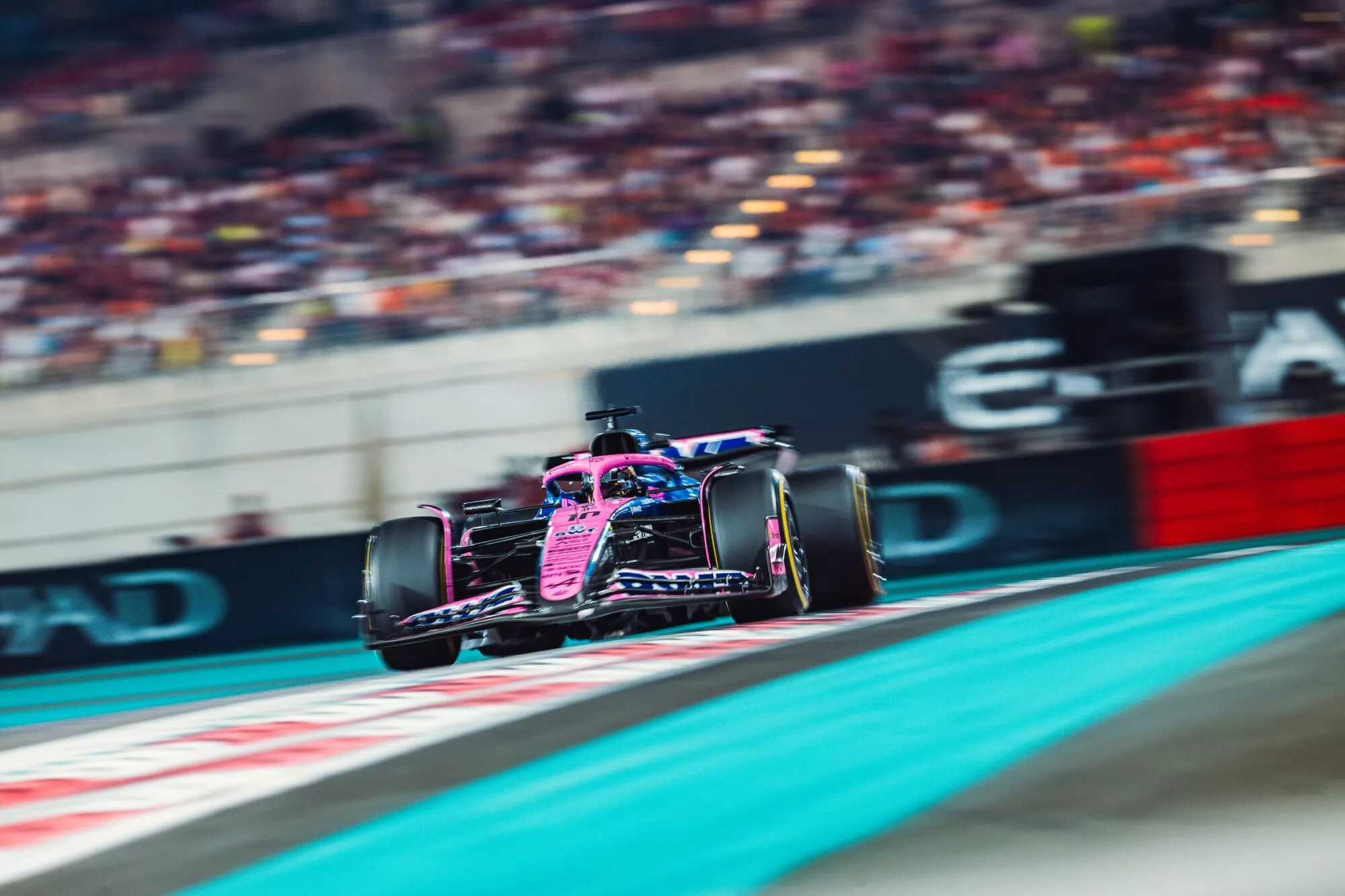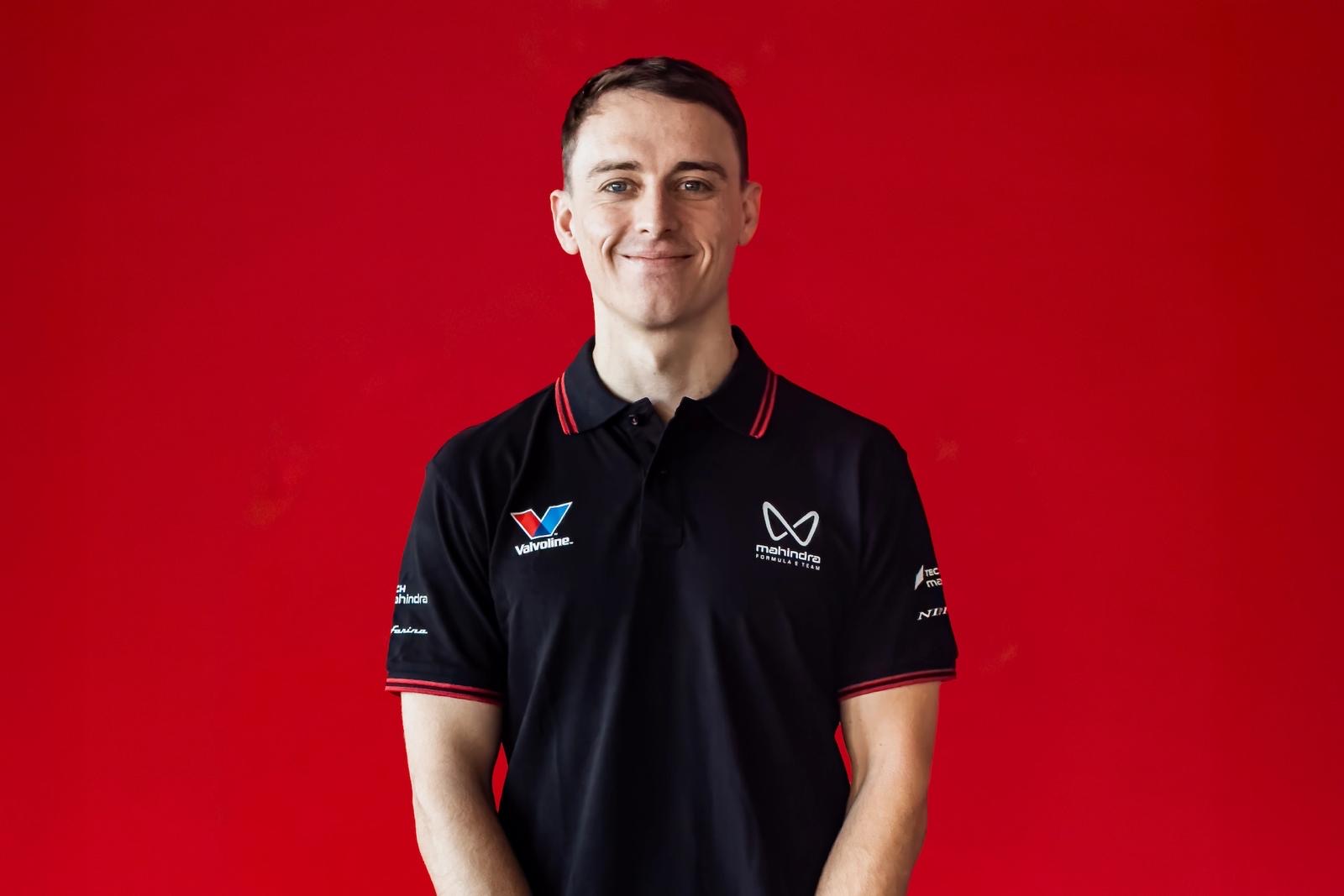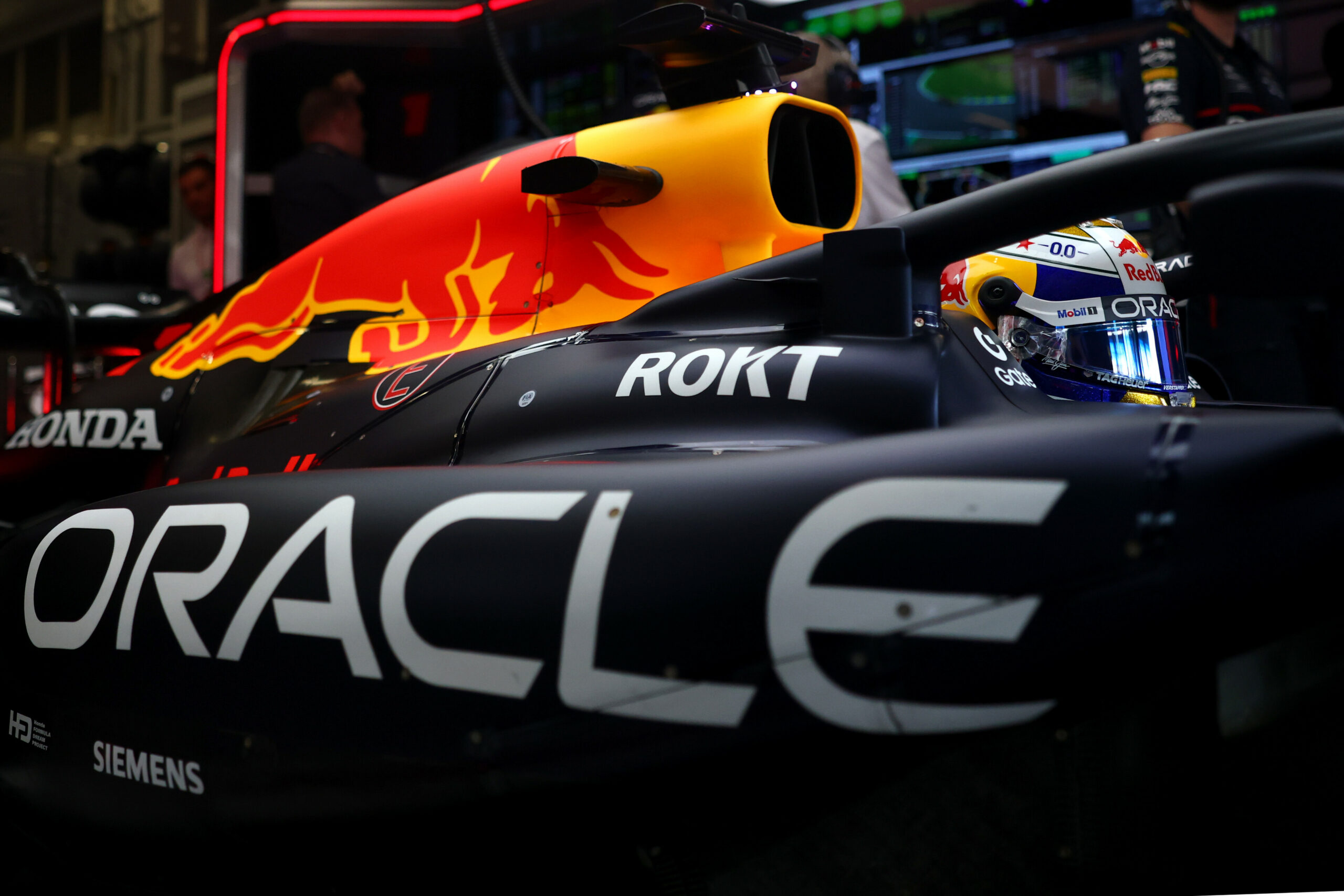Team principal Fred Vasseur has shared his insights into the deficiencies of the SF-25, the edge McLaren have over Ferrari in the ongoing F1 season, and the possibility of the Woking-based outfit carrying over their advantage to 2026.
Since Ferrari fell short of the Constructors’ Championship by only 14 points last year, it’s difficult to comprehend the mammoth 299-point lead that McLaren have built over the Italian team heading into the summer break this season.
The final ten rounds of 2024 saw Ferrari defy expectations and secure two more podiums and one less victory than McLaren. With Charles Leclerc scoring the most points on the grid post-summer break, the battle for the Constructors’ trophy went down to the wire in Abu Dhabi.
In stark contrast, McLaren have added eleven more wins to their tally in 2025 so far as the Maranello-based squad languishes behind with zero. Moreover, given the sheer number of issues that continue to plague the SF-25 and the focus shifting towards 2026 car development, it’s sensible to rule out a Ferrari comeback in the final half of the season.
Ferrari still catching up after early setbacks
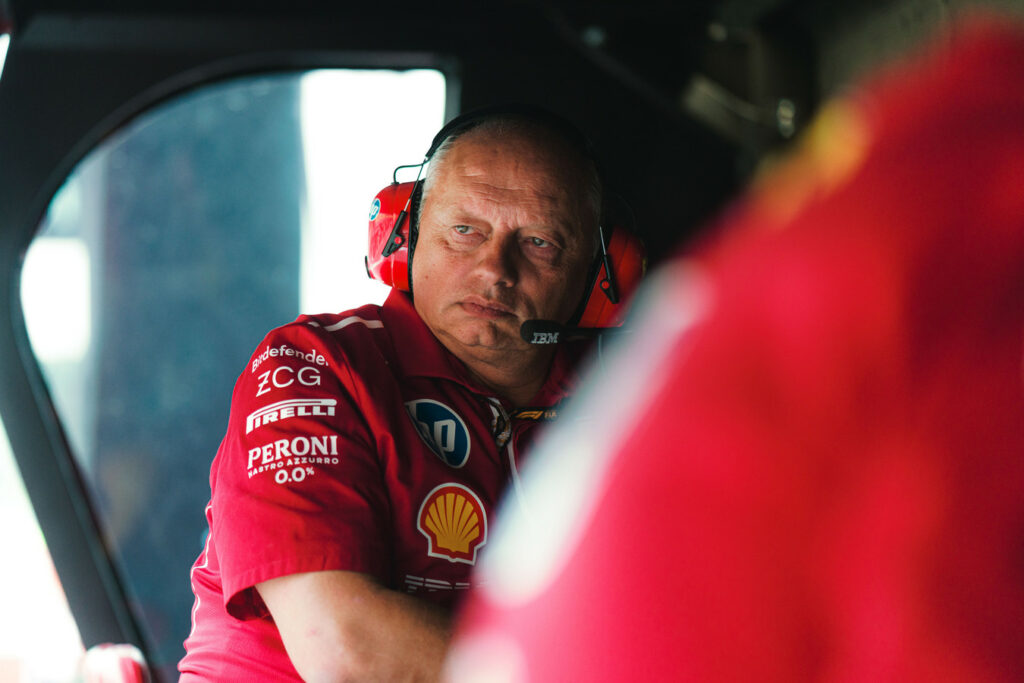
In an interview with German magazine AMuS, Fred Vasseur reflected on Ferrari taking the fight to McLaren in the second half of the 2024 F1 season and how they have been faring so far in 2025.
In terms of whether McLaren have significantly improved or whether the Scuderia have dropped the ball massively, the Frenchman noted that they have managed to shrink the deficit to 2 tenths in the past few race weekends despite the setbacks they had experienced earlier in the season.
Referring to Charles Leclerc’s shock pole position in Hungary, Vasseur also emphasised how marginal the gaps currently are and that a slight misjudgement of circumstances can amount to losing several positions on the track.
“Over the last three or four weekends, we’ve been able to close the gap to two tenths.
“We had a lot of problems with the handling at the race track at the beginning of the season. There were quality issues, then the disqualifications. We lost our way a bit there.
“So much depends on the details, and the qualifying in Budapest was a good example. If you focus on the wrong things, you immediately lose a lot of ground. If Charles [Leclerc] had been two tenths slower, he would have been sixth instead of first. It’s very difficult to know what’s important at any given moment in order to be fast.”
Vasseur defends decision to radically alter car design in 2025 despite lagging behind McLaren
Having hit the development ceiling with their previous design philosophy, Ferrari proceeded to change 99 per cent of the car ahead of the 2025 F1 season. The most visible change has been the switch from pushrod to pullrod front suspension.
Asked if this radical overhaul prompted them to initially lose ground, Fred Vasseur defended Ferrari’s decision and merely added that they were on a learning curve in the early races of the season.
“It was the right decision. At the beginning, we had to learn how to adapt our car to the new architecture.”
With regard to what Ferrari currently lack in comparison to McLaren, Vasseur highlighted how the reigning Constructors’ Champions are able to maximise the potential of the Pirelli rubber in all weather conditions.
The 57-year-old also acknowledged the compromise the Italian outfit has been making in terms of raising the ride height and sacrificing crucial lap times since Lewis Hamilton’s disqualification in Shanghai due to excessive plank wear. Furthermore, he elaborated on how this predicament has impacted their efficiency in other areas, such as qualifying.
“McLaren excels at tyre management, especially in wet or hot conditions.
“The disqualifications [in China] threw us off track a bit. We had to leave ourselves a safety margin in terms of ground clearance. As we all know, these cars are extremely sensitive when it comes to ground clearance. Every millimetre counts in terms of grid position.
“If you don’t have full control over the car’s height, it affects the car’s competitiveness. To solve the problem, you lose focus on other things. Preparing the tyres for qualifying, the warm-up laps, you name it.”
Ferrari focused more on stable aerodynamic platform than pure downforce
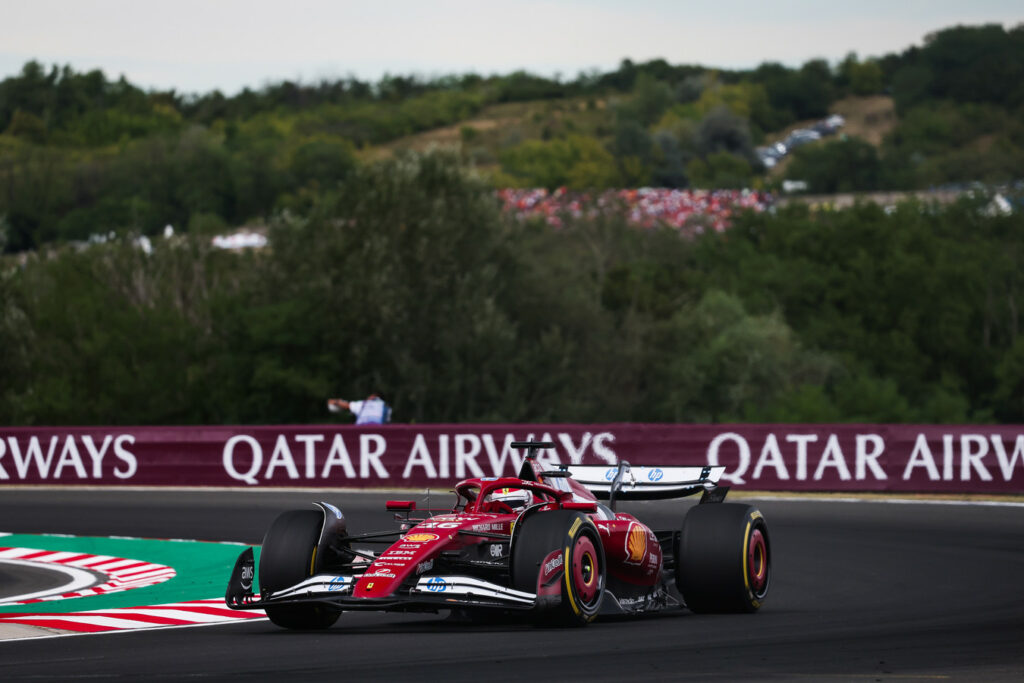
Reflecting on the technical limitations Ferrari had to tackle initially, Fred Vasseur stated that they have concentrated their efforts in the past two years on building a stable aerodynamic platform that renders the car more drivable.
Singling out the 2024 Italian GP as their breakthrough moment, the Frenchman further explained how the upgrades they had introduced in Monza allowed the drivers to push the car to its limit and extract the maximum performance.
“Everything revolves around the stability of the aerodynamic platform. For two years now, we have been focusing much more on good drivability and predictability than on pure downforce. You want to eliminate the fluctuations in downforce that occur when the wheels turn, the car rolls, or dips.
“The biggest step we’ve taken in this regard since 2023 was at Monza last year. Then the driver gets more out of the package. If he can’t be sure what the car is doing, he’s too far below the limit.”
A team can gain the upper hand from several different areas in 2026
There is a growing consensus that McLaren’s dominance on Sundays stems from their ingenious tyre management.
In terms of whether he is concerned that McLaren would set themselves apart from the rest of the field once again with their superior tyre handling skills, Fred Vasseur attempted to downplay the advantage they have over Ferrari and emphasised the unpredictability the new regulations will bring in 2026.
Furthermore, the 57-year-old maintained that teams are investing more resources into understanding the braking and suspension systems this season and using that knowledge to better develop next year’s cars when the current ground effect era comes to an end.
“We are all putting a lot of effort into filtering out what we can carry over to 2026. That includes the suspension and the braking system.
“Only aerodynamics cannot be carried over. Nothing. Except for the basic approach that drivability is important. There could also be load changes when switching from one engine mode to another.
“It’s no coincidence that many teams have invested in suspension this year. McLaren, Mercedes, us. Everything we learn there could be an advantage next year.”
Co-author: Chiara Schulte Genannt Hobein

